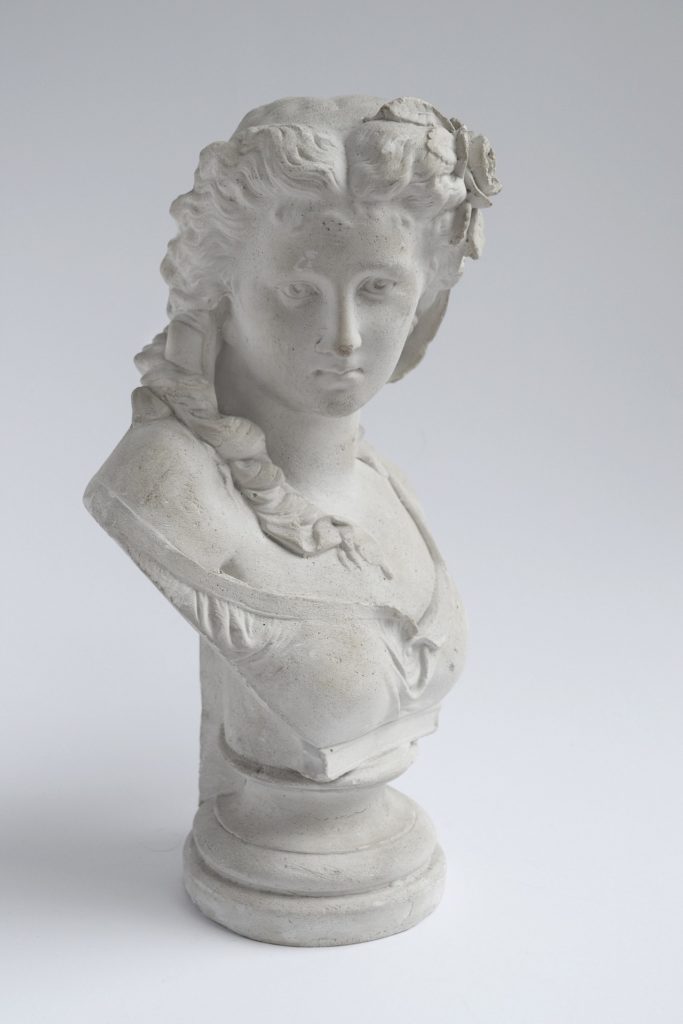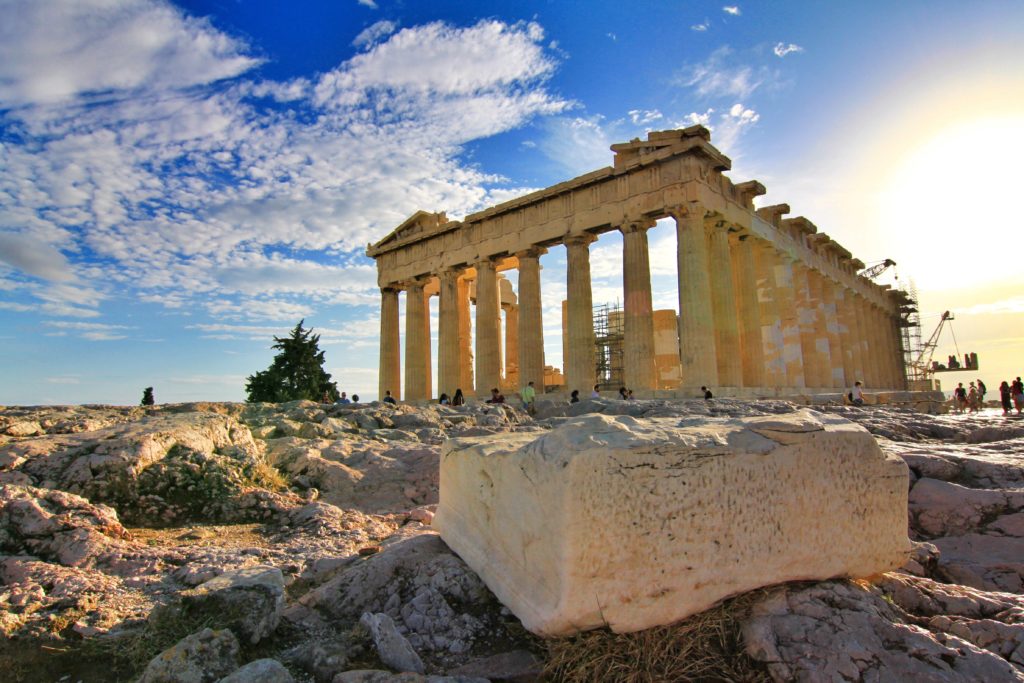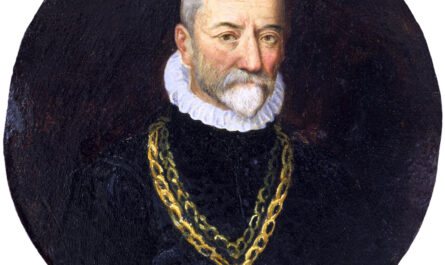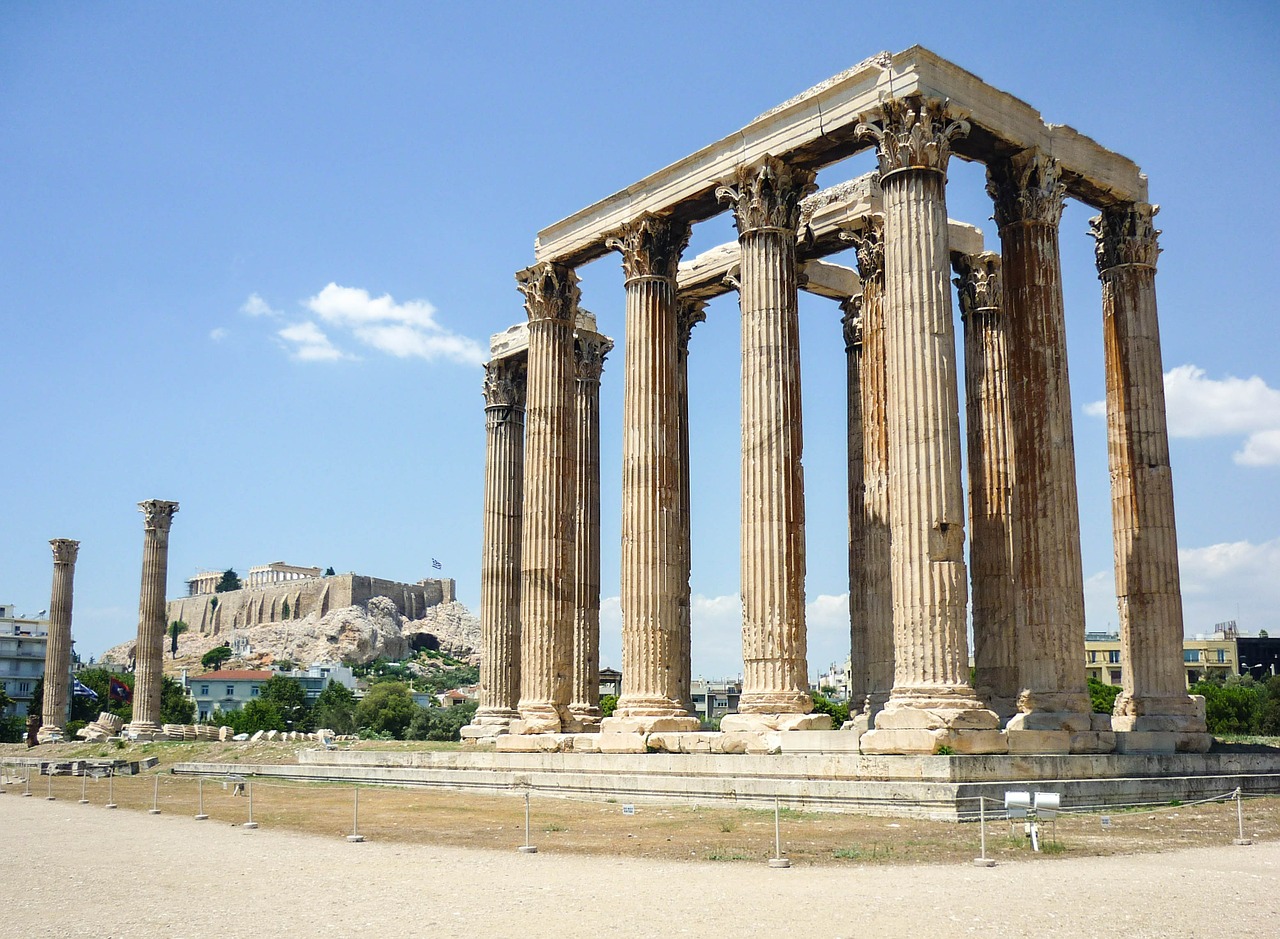Ed. note: This is the fourth entry in a series looking at the three schools of philosophy for perspectives on relationships in our modern world. Inspired by Emerson’s “The American Scholar,” we are exploring timeless wisdom which endures to inform our approaches to learning, relationships and leadership. Click here for all the posts in the series.
A beautiful account of a woman facing certain death to do right by her fallen brother, the Greek tragedy of Antigone shows how truly dangerous a lack of counsel can be. Her death ushers in reckoning for a tyrannical king, who is misruling in his pride. Written in 441 BC, Antigone illustrates the foolishness of ego, and the dignity of living and dying for higher ideals.
Antigone is the daughter, and sister, of Oedipus. When her brothers kill one another during the Theban civil war, King Creon declares that Eteocles, the brother who fought for the state, will be buried with full honors while Polyneices, the brother who fought against the state, will not be buried. In an act of dishonor, his body is to lie where it fell and no one is to bury him under penalty of public stoning.
We see the declaration made in what initially seems to be a show of nationalism; those who fight against the state shall remain its enemies. Creon sees the power of the State as his ultimate judge and entitlement, rather than heralding the gods or their laws. In his announcement to the gathered wise men he says,
“… we must remember that friends made at the risk of wrecking our Ship are not real friends at all.”
When Antigone learns of this, she determines the declaration to be unjust and sees she must honor the higher law by giving the dead a proper covering. She asks her sister Ismene to help her, but Ismene, playing the foil, refuses:
“But think how much more terrible than these our own death would be if we should go against Creon
And do what he has forbidden! We are only women, We cannot fight with men, Antigone!”
The perspectives of Creon and Antigone present a dilemma for the reader, as well. Modern audiences, especially an American audience, would see the duality between nationalism and higher, honorable laws, perhaps God’s laws, as being at odds with each other; who is right? Should one’s loyalty remain with higher ideals or the ideals embodied by the nation one represents when they occupy opposing corners? This fascinating, but distressing, position is where Antigone finds herself.
For Antigone, the shame of dishonoring her brother outweighs the fear of death or defiance of the king. It is her moral duty to bury her brother:
“Creon is not strong enough to stand in my way.”
She continues:
“It is the dead,
Not the living, who make the longest demands:
We die forever…
You may do as you like
Since apparently the laws of the gods mean nothing to you.”
Ismene’s fear and cowardice shows as she attempts to talk her sister out of this act:
“But can you do it? I say that you cannot.”
Antigone’s defiant response:
“Very well: when my strength gives out, I shall do no more.”
Ismene:
“Impossible things should not be tried at all.”

The King learns of Antigone’s defiance, and sentences her to death, despite the fact she is betrothed to the King’s son, Haimon. In an effort to open the king’s eyes to his own hubris, Haimon informs his father that the city is against his ruling, and finds it perverse to sentence the princess to death for honoring her fallen brother. For Haimon, and the Greeks more generally, reason is the key to decision-making:
“It is not reason to refuse reason.”
In light of the confrontation from his son, Creon’s nature takes on a more sinister quality. Creon reveals himself to be tyrannical and emotional during the exchange, insisting it is the duty of subjects – and sons – to respect and follow the law, regardless of whether that law is just. As Creon sees things, it is the duty of a king to rule and the duty of his subjects to unquestioningly follow his commands. The king illustrates the errancy of hubris in refusing to accept counsel.
“Whoever is chosen to govern should be obeyed –
Must be obeyed, in all things, great and small,
Just and unjust! O Haimon,
the man who knows how to obey, and that man only,
Knows how to give commands when the time comes….
“No, no: good lives are made such by discipline.
We keep the laws then, and the lawmakers,
And no woman shall seduce us. If we must lose,
Let’s lose to a man, at least! Is a woman stronger
than we?”
The Greeks, of course, gave us the model of democracy and found great wisdom and insight in reasoning among their counselors. The idea of one man ruling, thinking himself alone to be wise, would be a farce to them. Haimon, embodying of reason, remains unconvinced;
“You are not in position to know everything
That people say or do, or what they feel:
Your temper terrifies them – everyone
Will tell you only what you like to hear….
“I beg you do not be unchangeable
Do not think that you alone can be right.
The man who thinks that,
The man who maintains that only he has the power
To reason correctly, the gift to speak, the soul –
A man like that, when you know him, turns out empty.
It is not reason never to yield to reason!”
When the enraged Creon horrifically states that he will kill Antigone in front of Haimon in a final, desperate attempt to prove his dominance, the prince leaves, denying Creon the opportunity.
Knowing the city will oppose him, Creon sentences Antigone to an imprisonment, rather than public stoning, which takes her far away from the city. He soon learns however, that his “lesser” sentence has not been well-received.
King Creon is informed that he has angered the gods by his decision, and tries to undo the damage. He buries Polyneices and makes his way to the tomb in which Antigone was imprisoned. Upon arriving, he hears his son in anguish. Creon enters the tomb to find his son mourning the dead Antigone. His fiance has killed herself, and Haimon wordlessly follows suit.
A messenger informs the Queen that her son is dead, the news of which prompts her to follow him in death.
Creon’s hubris led to the deaths of his wife and son, after the death of an honorable woman, whose actions were to bring honor to the dead.
This play was written for an Athenian audience, who, as stated above, prized democracy and would have recognized the danger and mistake of Creon’s tyranny. It also raises the complexity of determining the path to justice; does someone who fought against you in a civil war remain an enemy in death? Should they be dishonored as such? Does someone who honors them deserve an especially cruel death? Is the true path to justice honoring your family, despite the law? When is it hubris to refuse to honor an enemy of the state?
The final words of the play beautifully capture the message:
“There is no happiness where there is no wisdom;
No wisdom but in submission to the gods.
Big words are always punished,
And proud men in old age learn to be wise.”
We can see that choosing to honor one’s own ego – and demand others do so – is a path to failure. Valuing democracy, and exchanging and refining ideas leads to the enrichment and sharpening of every participants’ mind. For one man to determine that his perspective and subsequent decisions could not be wrong was, and still is, the height of folly.
Consulting those who have gone before us; seeking out persons more knowledgeable than ourselves; these lead to wise and profitable decisions. Creon’s legacy is that of dishonor and ego. In contrast, Antigone has endured as an example of selflessly sacrificing oneself for an honorable cause.
Jim Rohn famously said, “You are the average of the five people you spend the most time with.” King Creon made the mistake of surrounding himself with those who would only tell him what he wanted to hear. Reason depends on differing perspectives and ideas. If we are to grow and prosper, we must seek out and remain open to people who will challenge our thoughts and perspectives. In this modern age, with the riches of the internet and books always at our fingertips, we can each choose to allow the wisdom of the greats to challenge and shape us. We can spar with the most knowledgeable minds among us and allow the truly great to rise to the top.
Antigone, from Sophocles’ The Oedipus Cycle, translated into English by Dudley Fitts and Robert Fitzgerald

Photo by Puk Patrick on Unsplash




